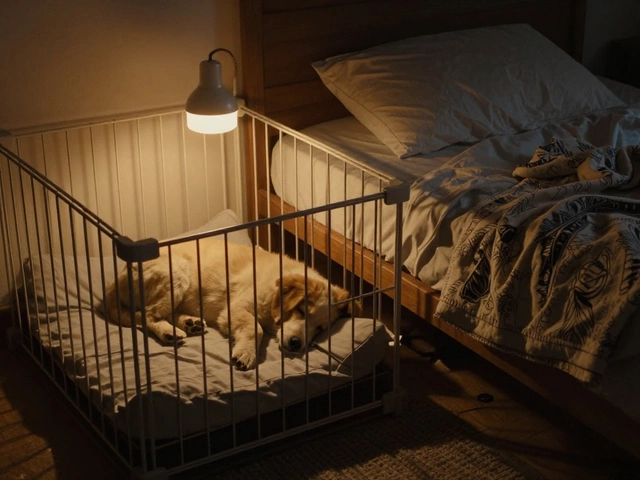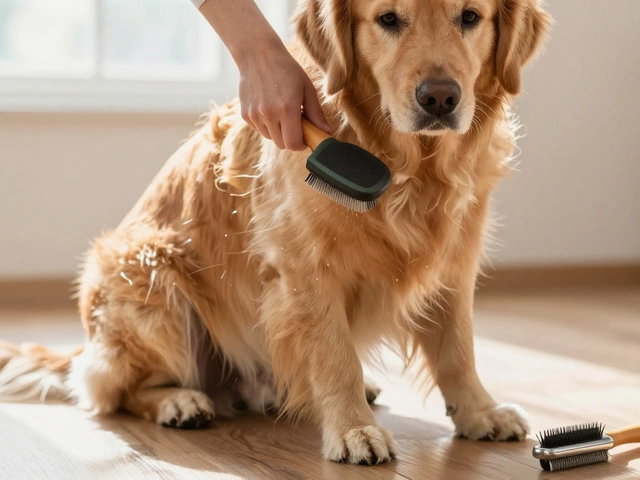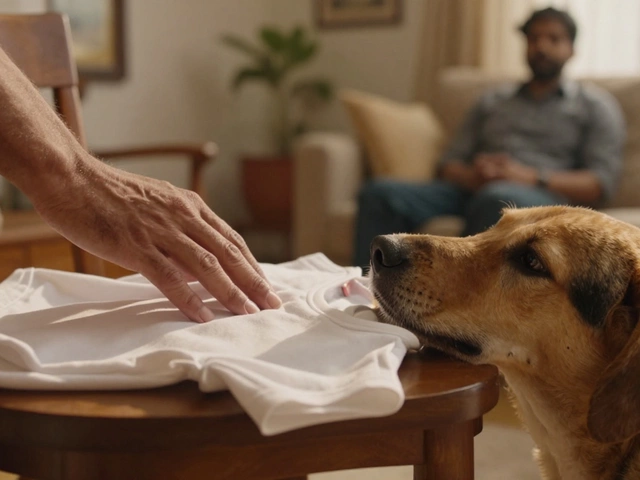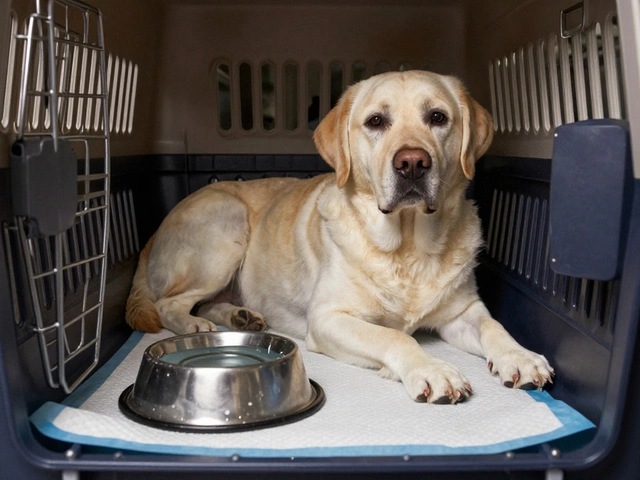Puppy Health: Essential Tips for a Happy, Strong Pup
When looking after puppy health, the overall physical and mental well‑being of a young dog. Also known as puppy wellness, it requires balanced nutrition, proper training, and regular veterinary check‑ups. It encompasses puppy nutrition, the right mix of protein, fat, vitamins, and minerals for growing bodies and puppy training, teaching basic commands, housebreaking, and social skills. A solid puppy care, daily routines for feeding, exercise, and grooming ties everything together, making sure your pup stays energetic and disease‑free. Think of these pieces as a puzzle: nutrition fuels growth, training builds confidence, and consistent care prevents problems before they start.
Core Areas That Shape Puppy Health
First, nutrition acts like the engine oil for your puppy’s body. Vets recommend a diet with at least 22% protein and DHA for brain development; a 12‑week‑old Labrador, for example, needs roughly 350 calories per day split across three meals. Second, training isn’t just tricks—it’s a preventive health tool. A well‑trained puppy is less likely to chew dangerous objects, reducing the risk of gastrointestinal blockages. Third, preventive care such as vaccinations, deworming, and parasite control creates a health shield that lasts into adulthood. Fourth, exercise schedules must match breed energy levels; a high‑energy breed like a Border Collie thrives on two brisk walks and play sessions daily, while a smaller breed may be content with shorter bursts. Finally, mental stimulation—through puzzle toys, safe chew items, and social interactions—keeps stress hormones low, which in turn supports immune function.
Putting these elements into a simple daily routine helps new owners avoid costly mistakes. Start the day with a balanced breakfast, followed by a short potty break and a brief training session focused on “sit” or “stay.” Mid‑day, offer a chew toy that’s vet‑approved to soothe teething pains while keeping teeth clean. An afternoon walk provides physical outlet and social exposure, crucial for confidence building. End the day with a calm evening meal, a gentle grooming brush to check skin health, and a short cuddle session that reinforces the bond and lowers cortisol levels. By following this structure, you’ll notice fewer accidents, smoother housebreaking, and a pup that sleeps soundly through the night. Below you’ll find a curated list of articles that dive deeper into each of these topics, from safe chew recommendations to step‑by‑step training plans, giving you the practical knowledge you need to keep your puppy thriving.
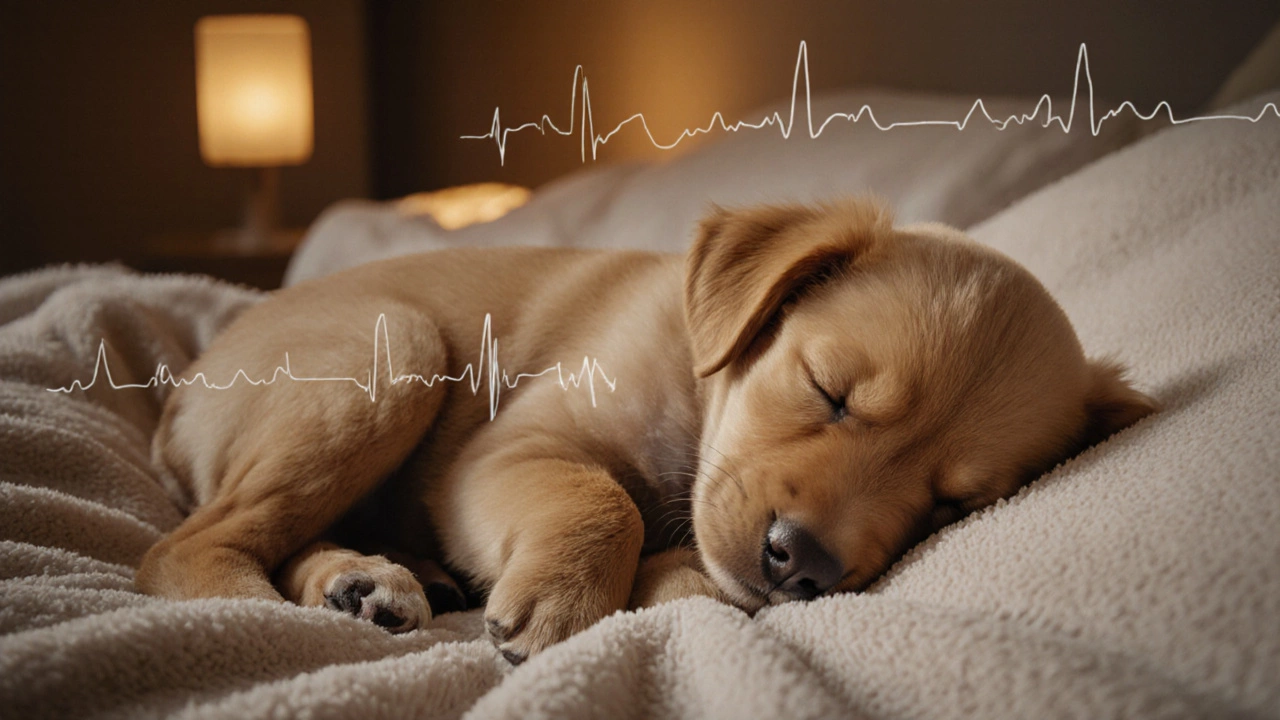
The Risks of Waking a Sleeping Puppy: What Every Owner Should Know
Waking a sleeping puppy sparks stress hormones, disrupts vital growth and brain development, and can lead to long‑term health and behavior problems. Learn why uninterrupted sleep matters and how to handle pups gently.
read more